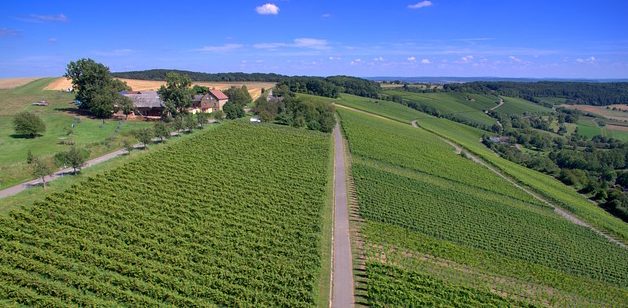December 19, 2016
Toronto-based farmland-focused private equity firm AreaOne Farms announced that its third fund, AreaOne Farms Fund III is on pace to reach its $100 million target in a close at the end of December. After closing, Fund III will be ten times the size of Fund II which closed at $10 million in 2014.
Launched in 2011 by siblings Joelle and Benji Faulkner, AreaOne Farms creates joint venture partnerships with farming operations looking to expand but that do not want to take on large amounts of bank debt. Focusing on operations that are looking to scale up significantly and rapidly, the firm targets farmers that are looking to double or triple their scale and for whom private equity is more stable than bank debt.
Under AreaOne’s investment model, a farmer looking to expand might commit 20 percent of the cost of a land acquisition, while Area One would fund the balance of the cost. The firm would then create a joint venture with the farmer, taking an equity stake in the newly acquired land with the intent that the farmers would buy out Area One after ten years. This would provide Area One investors with returns on investment while leaving the farmer with a more profitable and larger operation.
Because the newly acquired land is owned through the partnership there is no mortgage and Area One does not charge fees, rent, or interest, according to their website, instead allowing their farming partners to earn 100 percent of the income and appreciation generated by the investment. The structure also dilutes the risk of expansion for farmers in the face of unpredictable weather, interest rate fluctuation and more.
So far the firm has invested $50 million into partnerships with eight family farms, creating a portfolio that holds about 70,000 acres of farmland across four Canadian provinces.
AreaOne’s “shared-value approach” and rejection of the notion of a lease-back deal structure has resulted in the firm’s debut fund posting a net average annual return of 14 percent and its second fund posting returns of 16 percent – figures that have drawn the attention of institutional LPs for Fund III. This third fund is targeted specifically at Alberta and Ontario, two provinces that allow international investors, Aaron Korman, director of development and legal council for AreaOne told GAI News. This momentum is reflected in Fund III’s target corpus being raised from $50 million to $80 million before setting its sights on $100 million.
“Most of the models where people are investing in farmland, they rent land to farmers so that the farmer carries all the risk,” Joelle Faulkner, president and CEO of AreaOne told Women in Agribusiness. “This differs in creating more stability for the operator. Also, in models where they own and operate, usually the farmer manager is hired and is not a partner. Our model makes them a partner and gives them an outside partner stake (relative to their equity) through the incentive structure.”
Thoughtful Investment
As macro factors such as population growth and shifts in food consumption drive demand, farmland investment continues to mature as an asset class, attracting higher levels of confidence and interest from investors looking to diversify while also attaining long-term growth through both value appreciation and income.
More than 100 unlisted agriculture and farmland focused funds raised $22 billion between 2006 and 2016, according to Preqin, and funds in the space are scaling up, with the largest being TIAA-CREF’s second global agriculture fund closing oversubscribed at $3 billion last year.
Jose Minaya, senior managing director and head of private markets asset management at TIAA-CREF Asset Management, told GAI News at the time, “I think with this vehicle and what we’ve done is further sign of more interest in this space.” This interest, however, has resulted in push back in major global agricultural producers including Australia and Canada from those reticent about investor involvement in the food supply chain.
Ms. Faulkner is taking a balanced view of the situation, telling PE Hub Canada, “You don’t want to inhibit farmland investing. You do, however, want investment to be thoughtful enough to ensure farmers remain owners. The focus should be on helping them grow in ways that keep the Canadian family farm going for future generations.”
—
Lynda Kiernan

Let GAI News inform your engagement in the agriculture sector.
GAI News provides crucial and timely news and insight to help you stay ahead of critical agricultural trends through free delivery of two weekly newsletters, Ag Investing Weekly and AgTech Intel.




